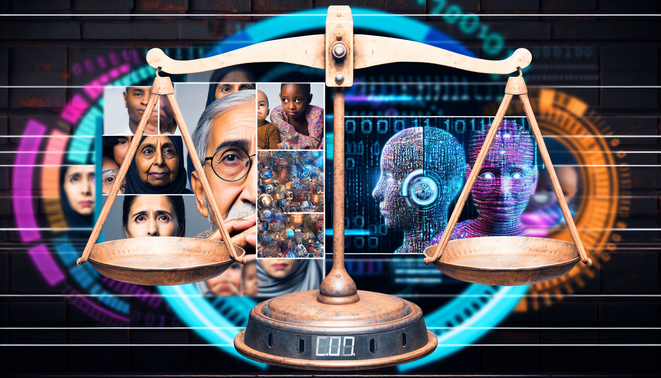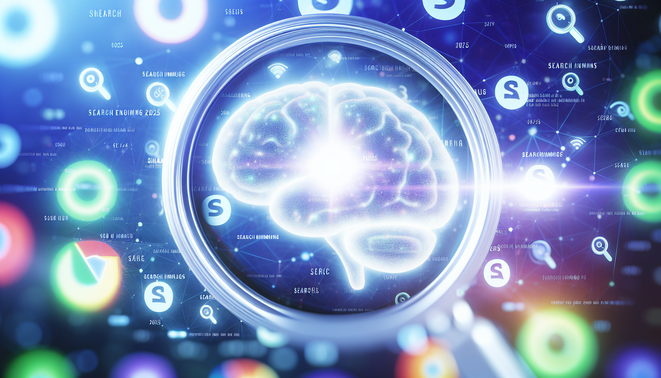Introduction to AI Ethics
Artificial Intelligence (AI) ethics encompasses a set of guidelines and principles that aim to address the moral implications of AI technologies. As AI systems increasingly influence various aspects of life—including decision-making in healthcare, criminal justice, and finance—the need for ethical considerations becomes critical. The core principles of AI ethics include fairness, accountability, transparency, and privacy. For further reading, visit MIT Technology Review – AI Ethics Explained.
The Moral Implications of AI Decision-Making
AI systems are becoming increasingly prevalent in various sectors, from healthcare to finance, raising important moral implications surrounding their decision-making processes. One significant issue is algorithmic bias, where AI systems reflect or even amplify biases present in training data. A 2020 study highlighted that facial recognition technologies showed higher error rates for individuals with darker skin tones, leading to wrongful identifications and perpetuating racial stereotypes Nature – Algorithmic Bias. Transparency and accountability are crucial components to safeguard users’ rights as emphasized by the European Union’s proposed regulations European Commission – White Paper on AI.
Bias and Fairness in AI Systems
Bias in AI systems has emerged as a pivotal issue impacting numerous sectors, from hiring practices to law enforcement. For instance, a study by ProPublica highlighted that algorithms used in criminal risk assessments disproportionately flagged Black defendants as being at a higher risk of recidivism compared to their white counterparts ProPublica – Machine Bias. Organizations are increasingly adopting fairness-enhancing interventions, such as auditing datasets for representativeness, to combat bias Nature – Fairness in AI.
Autonomous Systems: Risks and Responsibilities
As autonomous systems like self-driving cars and drones become increasingly integrated into society, the ethical implications surrounding their use raise significant concerns, particularly regarding liability and accountability. Questions arise about who is legally responsible in the event of an accident involving a self-driving car NHTSA – Automated Vehicles Safety. Furthermore, as these systems collect vast amounts of data, ethical concerns over privacy and data misuses emerge, necessitating robust ethical guidelines and legal standards Forbes – Privacy Issues of Autonomous Vehicles.
Privacy Concerns and Data Security
The rapid advancement of technology has sparked significant ethical dilemmas concerning data privacy and surveillance. A survey by the Pew Research Center revealed that 79% of Americans are concerned about how their data is being used by companies Pew Research Center – Privacy Concerns. Major incidents, such as the 2017 Equifax data breach that impacted 147 million people, underscore the risks inherent in data storage The New York Times – Equifax Breach. This highlights the essential need for establishing robust data protection laws and fostering a culture of accountability in data collection practices our discussion on balancing innovation and privacy.
The Future of Work and Ethical AI
The integration of AI in the workplace is transforming how we work and interact, leading to concerns about job displacement and ethical implications. Predictions suggest that by 2030, up to 30% of jobs could be automated Forbes – Future of Work. To address these challenges, organizations are adopting frameworks that ensure accountability and mitigate bias, prioritizing ethical AI development in workplace dynamics Harvard Business Review – Future of Work.
Global Perspectives on AI Ethics
Global perspectives on AI ethics reveal diverse cultural and regional approaches that influence international standards. In the U.S., the market-driven paradigm emphasizes individual privacy Brookings Institution – AI and Ethics, while the EU prioritizes data protection through regulations like GDPR European Commission – European Data Strategy. China’s model integrates AI into state governance with societal benefits Nature – China’s AI Governance, and Japan emphasizes the harmonious integration of technology Japan Times – Japan’s AI Ethics.
Conclusion: Navigating the Ethical Landscape of AI
The rapid development of AI presents complex ethical challenges that require ongoing dialogue among stakeholders to ensure transparent, accountable, and fair AI innovations. Engaging in regulatory discussions can support the development of comprehensive guidelines Brookings Institution – Case for AI Ethics. Establishing interdisciplinary ethics boards can facilitate continuous assessment of AI’s societal impacts Harvard Business Review – AI Ethics Boards. Only through sustained commitment to these regulatory measures can we navigate the evolving ethical landscape responsibly.
Sources
- Brookings Institution – AI and Ethics
- Brookings Institution – Case for AI Ethics
- European Commission – European Data Strategy
- European Commission – White Paper on AI
- Forbes – Future of Work
- Forbes – Privacy Issues of Autonomous Vehicles
- Japan Times – Japan’s AI Ethics
- NHTSA – Automated Vehicles Safety
- Nature – Algorithmic Bias
- Nature – China’s AI Governance
- Pew Research Center – Privacy Concerns
- ProPublica – Machine Bias
- The New York Times – Equifax Breach
- Harvard Business Review – Future of Work
- Harvard Business Review – AI Ethics Boards






